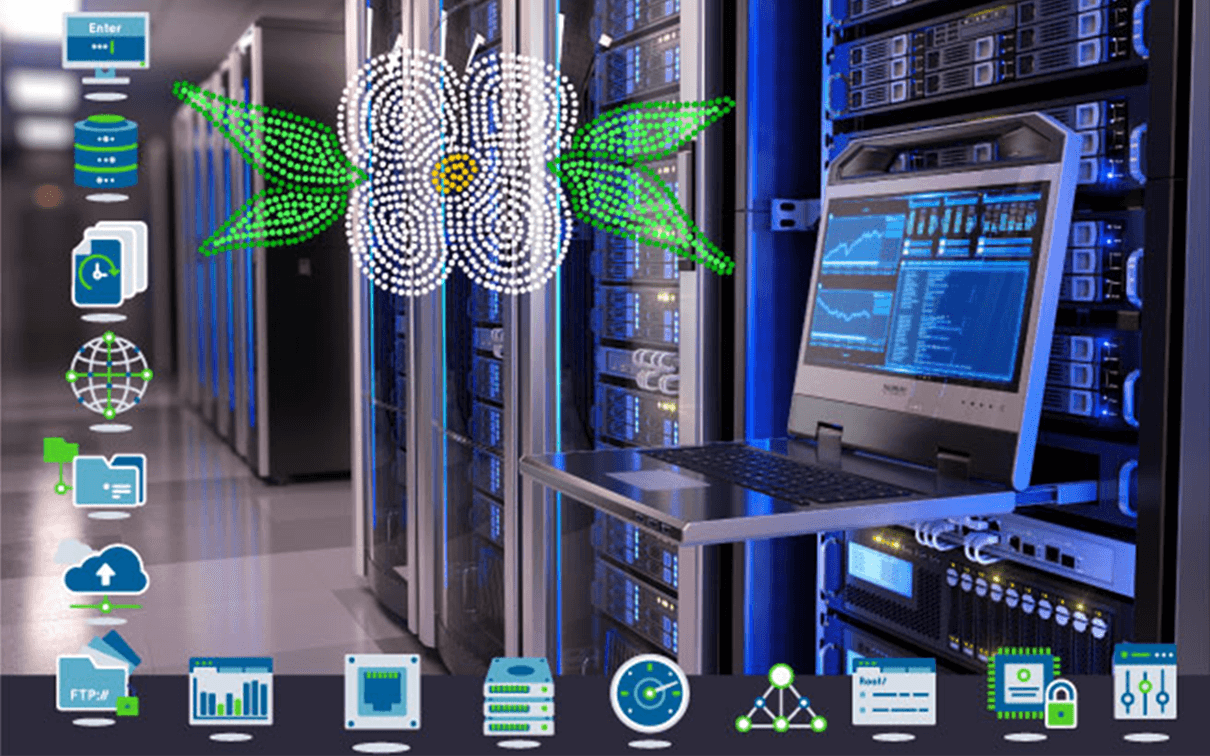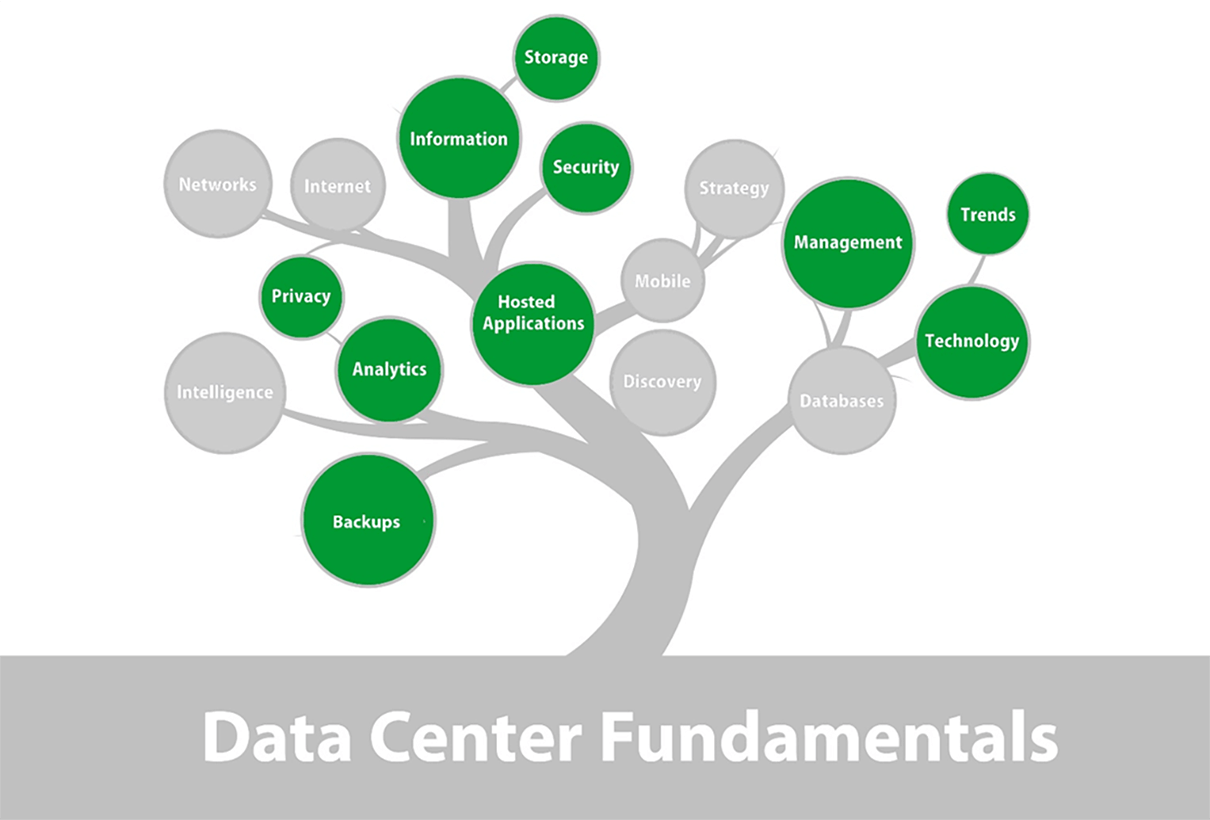
Data sovereignty refers to the right of individuals and communities to control and manage their own data. This concept has gained significant attention in recent years, particularly in the context of Indigenous people who have experienced historical mistreatment and oppression by external powers.
The importance of data sovereignty for Indigenous peoples lies in the ability to reclaim control over our information and data, which can have significant impacts on our mental, cultural, economic, and political wellbeing.
Historically, Indigenous people have been subject to colonization, assimilation, and forced removal from their lands. This has resulted in a partial—and sometimes total—loss of our languages, cultures, and traditional knowledge.
We’ve also been subject to data theft and exploitation, where external entities have collected and used our data without our consent or benefit. This has perpetuated the legacy of colonialism, further marginalizing Indigenous peoples and communities. It’s also created massive distrust in colonized systems including education, medicine, and government.
Data sovereignty is a critical area for Indigenous people to reclaim control over our information and data. By asserting sovereignty over our data now and for the next seven generations, we can protect our cultural heritage, ensure the accuracy of our data, and prevent unauthorized access and misuse. This can lead to the preservation and revitalization of Indigenous cultures and knowledge, which can have significant social, economic, and political benefits for Indigenous communities—and all Canadians!
Here are three ways that this can begin to happen:
One way to look at data sovereignty is to compare it to owning land. If you own it, you should have control over it, right? You know where your land is, and you know what it’s being used for. Data is similar. You do own your data, but do you know where it lives? Do you know who has access to it? Data sovereignty means having control. And that can happen when we set up rules for our data—a data governance framework.
Establishing our own data governance framework that prioritizes our values, ethics, and protocols. This can include creating data policies and guidelines that protect the privacy, accuracy, and ownership of data. They can also establish protocols for sharing data within our communities and with external partners, ensuring that data is used in ways that align with their values and needs.
Building data infrastructure and capacity. This can include creating data centers, developing data management tools, and training community members on data management and analysis. By building our own data infrastructure and capacity, Indigenous people can control how our data is collected, stored, and analyzed, which can help ensure that our data is used in ways that align with our needs and priorities.
Developing partnerships and collaborations with external partners, such as academic institutions, government agencies, and non-governmental organizations, to share knowledge, resources, and expertise. These partnerships can help by providing access to technical support, funding, and other resources. It’s important, however, that these partnerships are established in a way that respects Indigenous peoples' sovereignty and values, and that the benefits of the partnership are shared in an equitable and respectful manner.


When we (at Saltmedia) began the process of building our own data center, it was with a broad concern about data security in mind. We didn’t like how the big data storage providers treated small customers and prioritized profits over security. We are better able to help you, because we have the freedom to operate on our own terms—terms that protect your data.
It’s important to keep in mind that the geographical place where your data is stored has an impact on your data and how secure it is. Our data center is located on Canadian soil in Edmonton. That’s a good thing, because it means we’re subject to Canada’s laws. Other countries don’t have the same protections and laws as Canada. (Not that we’re perfect in Canada. We still have more work to do for even better data protection.)
As we learn more about data sovereignty, our data center, and the data we house within it has become so much more important. We do not exclusively serve Indigenous businesses and organizations, but we are honoured that we are on a path to support data sovereignty in this way.
The movement towards data sovereignty is part of a broader effort towards reconciliation between Indigenous people and the wider society. Reconciliation involves acknowledging the historical mistreatment of Indigenous people and working towards restoring our rights and dignity. Data sovereignty is one way to acknowledge the harms of the past and work towards a more equitable and just future.


We live, work, and gather on traditional, unceded, and treaty territories of First Nations, Métis, and Inuit Peoples from coast to coast to coast. We’re committed to our collective responsibility to the original caretakers of this land and to listening, learning, and acting in ways that support reconciliation.